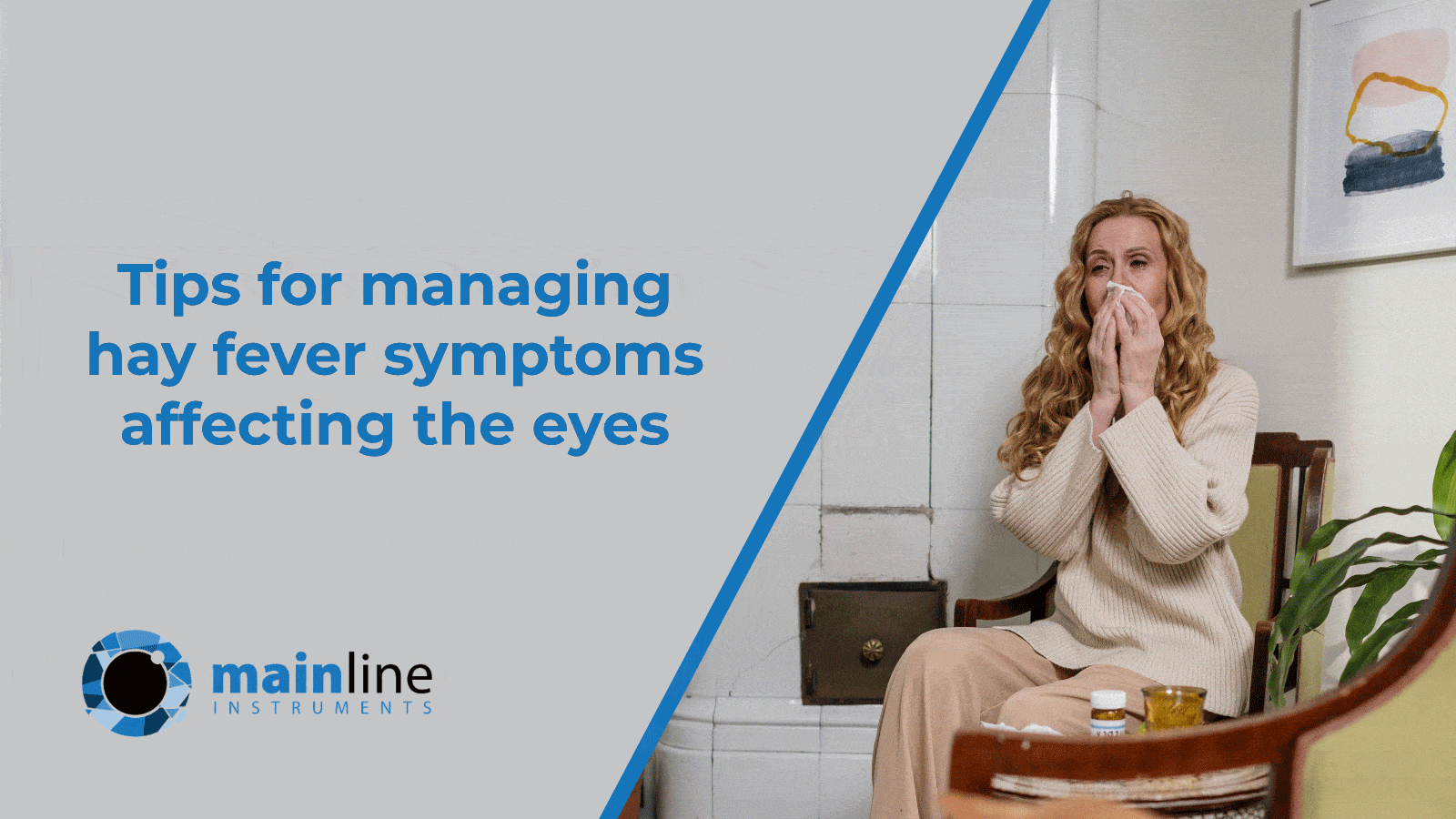Hay fever affects one in five people at some stage of their life. It is a common allergic reaction caused by pollen. Symptoms of hay fever can include itchy, red or watery eyes, a runny nose, congested sinuses and sneezing.[1]
Pollen is fine powder released by plants during summer in order to pollinate. When pollen comes into contact with your eyes, nose, mouth and throat, they can trigger an immune response causing the body to react with irritation and inflammation.[2]
Eyes can be particularly sensitive to pollen. The body’s natural response is to try and wash the pollen out, which is why some people end up with watery, itchy eyes that can turn red.
Treatment
Many people find their symptoms improve as they get older, however there is no permanent cure for hay fever. Symptom relief treatment is available during pollen season to ease irritation.
Hay fever symptoms can be treated with over-the-counter medications from a pharmacist or supermarket. Anti-histamine nasal sprays or tablets are one of the best ways to relieve symptoms and should be taken before the hay fever seasons starts for the best results on a daily basis.
Eye drops containing antihistamine are also available from most pharmacies. These should reduce the inflammation in the eyes and relieve the itching, whilst washing out the pollen.
If over-the-counter anti-histamines and drops don’t help with symptoms, a GP may be able to recommend other treatments, such as prescription anti-histamine drops at a higher dosage.
How to reduce symptoms
- Wear wraparound sunglasses to reduce pollen contact with the eyes.
- Shower, wash hair and change clothes after spending time outdoors to remove pollen.
- Dry wash clothes indoors during the peak pollen season.
- Stay indoors when the pollen count is high A pollen forecast can be viewed at the Met Office.
- Alcohol may increase allergy symptoms and should be avoided when symptoms are at their worst.
References:
[1] https://www.moorfields.nhs.uk/news/hay-fever
[2] https://www.gardeningknowhow.com/garden-how-to/info/what-is-pollen.htm







